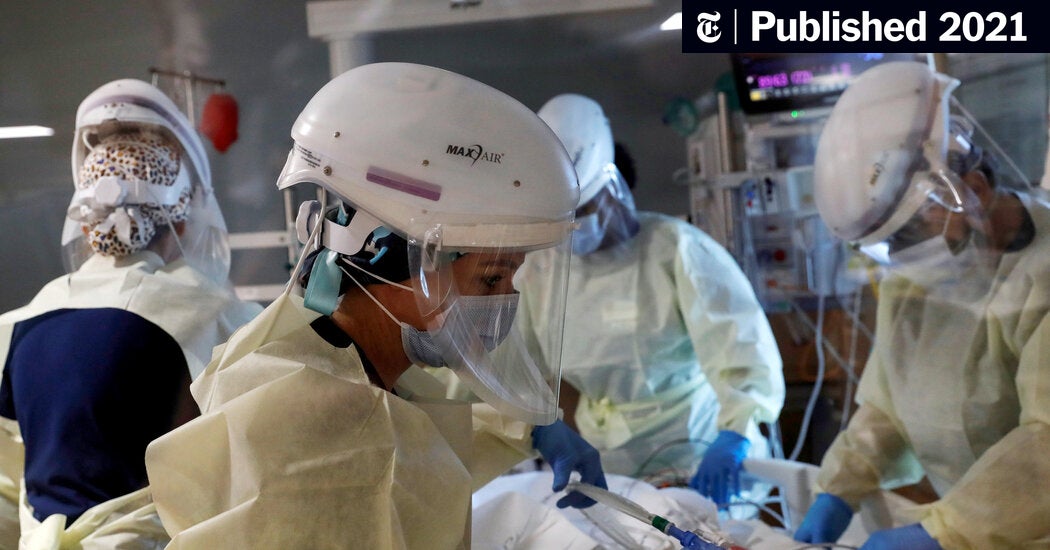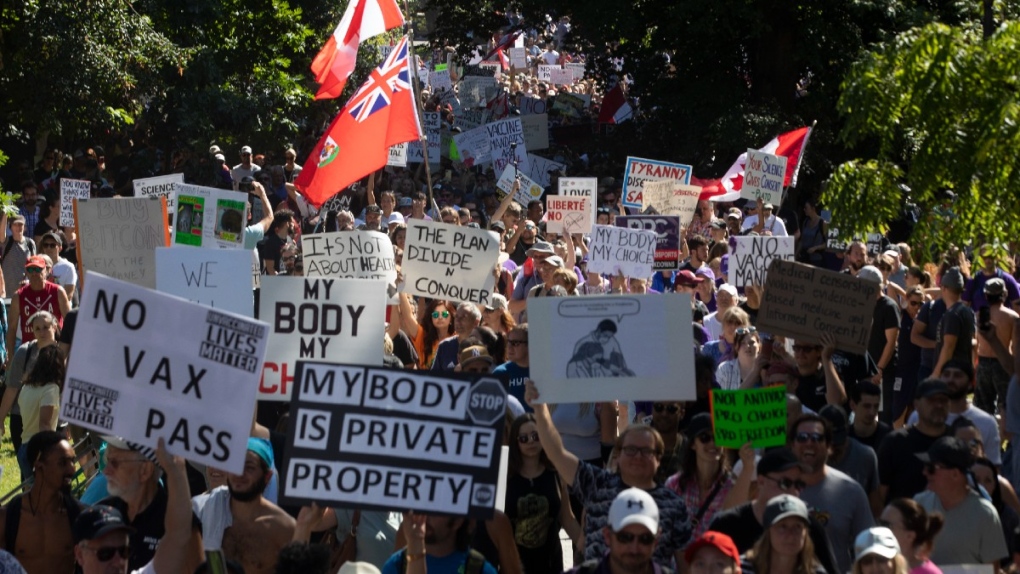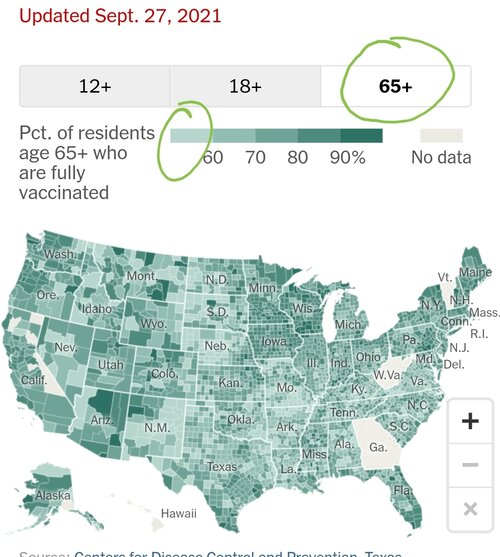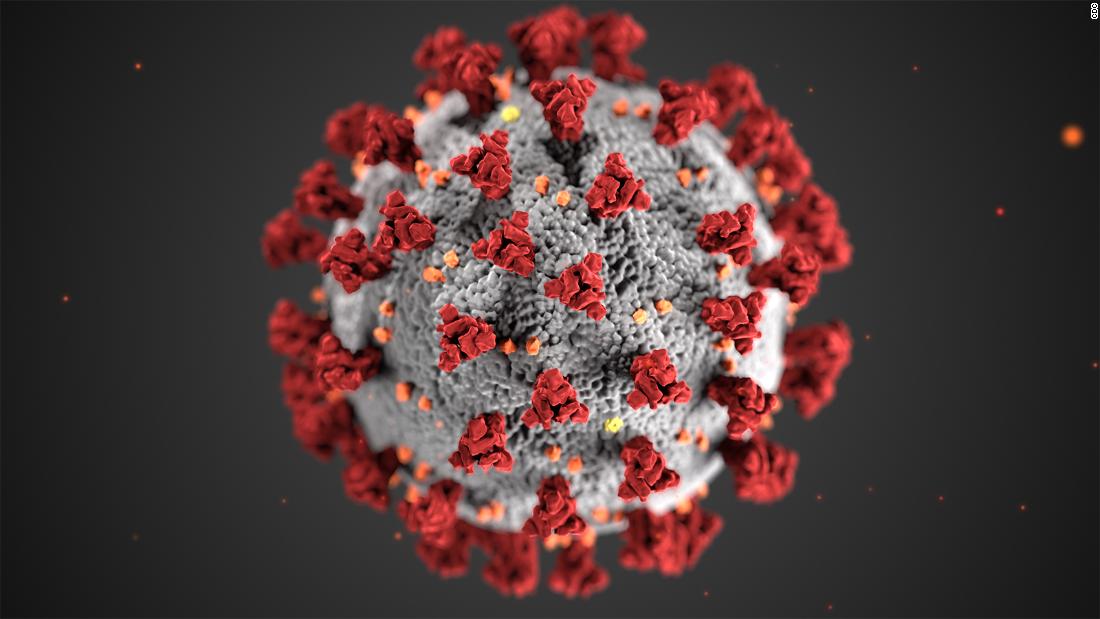- Joined
- Apr 13, 2002
- Messages
- 27,296
- Reaction score
- 23,943
Offline
Well, first, you hadn't asked that question. Which was probably for the best, because it is, frankly, a stupid question.
But since you apparently need an answer, I asked my five year old, and he says cars are machines and have wheels, and vaccines are a little jab that keeps you healthy.
Accusing others of that which you are guilty is a bad faith response.
You're confusing choosing not to engage, in much the same way someone might choose not to engage with a person who stumbles up to them in the street and demands to know if they're one of the lizard people, with 'dodging'. Not really the same thing.
But since other people - albeit apparently not you, because if you'd really wanted to know, you could easily have found out - might be genuinely interested in what happened: there was no substantial need for it prior to the 1980s in the US, because people weren't wildly suing vaccine manufacturers for vast sums for anything that happened to occur to their child on a date after they got vaccinated.
"Only one such case was filed in 1978, whereas 73 were filed in 1984. During the seven-year period from 1978 to 1984, the average amount claimed per suit has risen from $10 million to $46.5 million." Hinman AR. DTP Vaccine Litigation. Am J Dis Child. 1986;140(6):528–530.
Why? Substantially, the anti-vaccine movement, driven by a scaremongering 1982 TV documentary 'DPT: Vaccine Roulette'.
That caused manufacturers to halt or restrict sales, causing a shortage: "Earlier this year, Wyeth Laboratories of Radnor, Pa., said it was halting production because of rising litigation costs. A second company, Connaught Laboratories Inc. of Swiftwater, Pa., said this week that it was accepting no new orders for the vaccine because it was unable to obtain liability insurance at a satisfactory cost. A company official has said that Connaught was filling only a handful of remaining contracts." New York Times, Dec. 14, 1984.
That left just one manufacturer, Lederle, a continuing shortage, and greatly increased costs; in 1982, one dose of DPT vaccine was 10-12 cents, by 1984 it was $2.80.
That was bad, because whooping cough is highly contagious and highly dangerous in infants. Pre-vaccination, it killed thousands of young children in the US every year. "For example, from 1926 to 1930, there were 36,013 pertussis-related deaths in the United States. The average death rates from 1940 to 1948 per 100,000 population per year were 64 in children less than 1 year old, 6.4 in those 1–4 years of age, and 0.2 in those 5–14 years of age. More than 90% of the reported pertussis cases occurred in children less than 10 years of age, with about 10% of those in children less than 1 year of age." James D. Cherry, Historical Perspective on Pertussis and Use of Vaccines to Prevent It, Microbe Magazine, March 2007.
The crucial thing is, the alleged condition, 'pertussis vaccine encephalopathy', wasn't actually a thing. It was an unrelated condition, infantile epilepsy. But proving the negative, that a rare condition is unrelated to a vaccine, is highly complex, requires a lot of time and data to fully establish, and, in the context of a civil court, isn't guaranteed to succeed (and I should add, the opposite can also be true, showing that a rare reaction was caused by a vaccine can be hard to establish).
So without passing the National Childhood Vaccine Injury Act, the US would have been facing at best continued shortages and high costs, or at worst a cessation of manufacturing altogether, and would not have been able to keep up their high level of DPT vaccine uptake. Which would likely have resulted in the 10 to 100 times higher case incidence that occurred in countries that were unable to maintain high vaccine coverage when it was compromised by anti-vaccine movements (Gangarosa, Eugene J., et al. "Impact of anti-vaccine movements on pertussis control: the untold story." The Lancet 351.9099 (1998): 356-361.). Which, again, would have been bad.
The same thing that happened with the DPT vaccine can happen with any vaccine in principle. As we all know, the anti-vaccine movement isn't limited to just that one vaccine. It's easy to attribute a rare condition that happens to occur after vaccination to the vaccine, regardless of whether it's actually related or not, and when you are trying to vaccinate virtually everybody, there will inevitably be unrelated, rare, conditions occurring in the time frame after vaccination. Which is why the principle applies beyond just the DPT vaccine.
And, just to be completely explicit, none of that scenario is applicable to cars.






